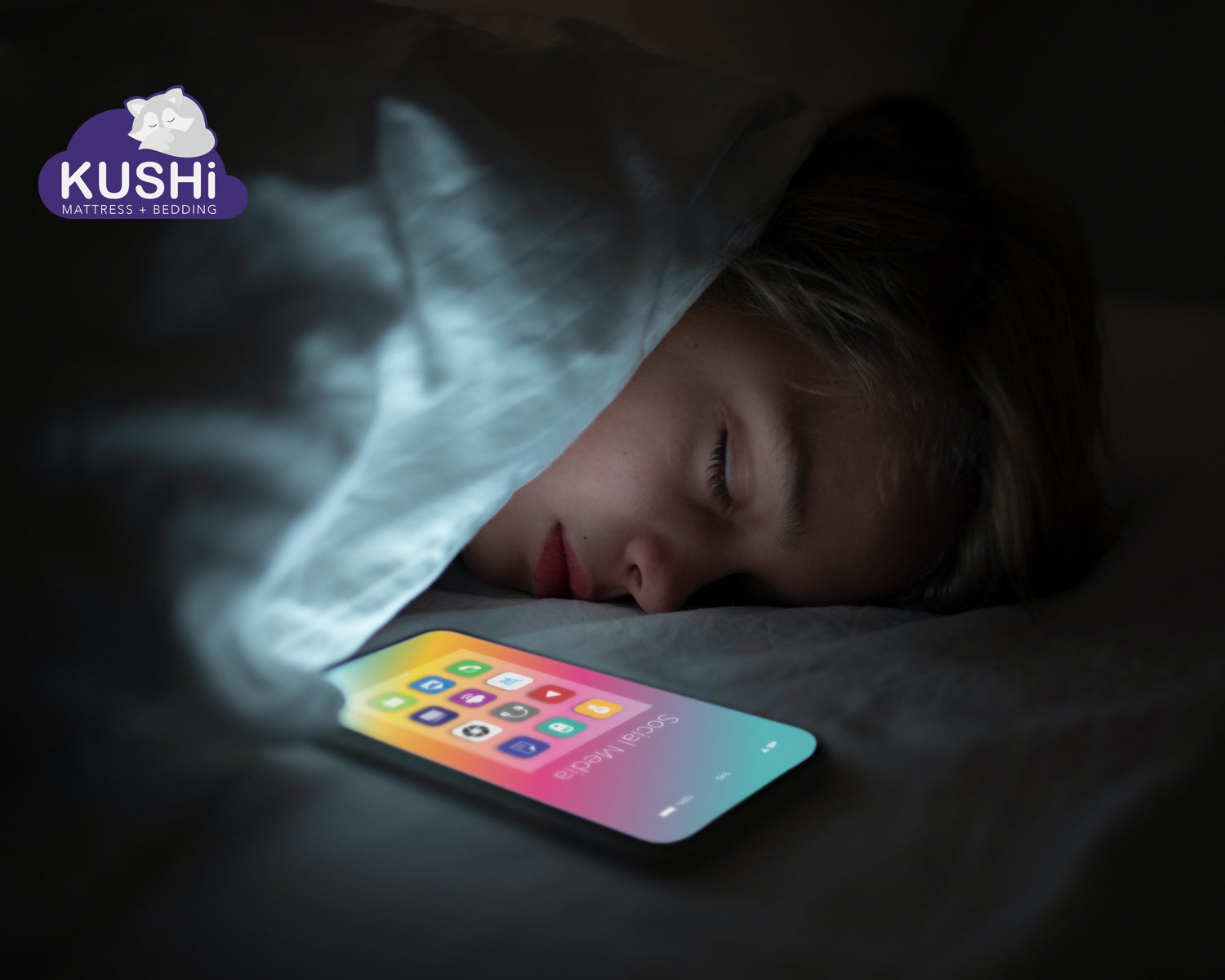
Sleeptexting – What is it? It’s causes & consequences!
Sleeptexting refers to using a cell phone to send text messages in one's sleep. Like sleepwalking, it belongs to the category of parasomnias. This group of sleep disorders is characterized by abnormal movements, behaviours, emotions, and perceptions during sleep. People suffer from sleeptexting often have no recollection of their activities the next day, and thus are left flummoxed, or even embarrassed.
Sleeptexting Causes
Sleep Deprivation:
Insufficient rest can cause an irregular sleep cycle, thus making parasomnias more likely to occur.
Stress and Anxiety:
High levels of stress or anxiety prevent people from getting top quality sleep, which in turn makes sleeptexting more probable.
Habits and Lifestyle:
Constant phone use before bed fog the boundaries between being awake asleep; and thus dialed texting.
Medications:
Some drugs that influence the central nervous system can be associated with parasomnias.
Sleeptexting Consequences
Embarrassing or Undesirable Chat:
Unconscious transmitted messages always lead to unpleasantness or even indecencies.
Privacy Compromised:
Texts sent by accident might uncover personal or confidential information.
Sleep Disruption:
Texting keeps you awake, isn't conducive to rest or slumber and makes for one lousy bed partner-with textual interludes replacing sleep time entirely. You won't get any more so it's a vicious circle of low quality and quantity of sleep. Sleep-texting is a parody of the usual (and less frequent) sleepwalk. And it has become far more common in recent years for a host of reasons, the most immediate being poor quality of sleep. You need better sleep to overcome sleeptexting.
Here are some suggestions:
Stick to a Regular Sleep Schedule: Going to bed and waking up at the same time each day helps regulate your internal clock and promotes healthier sleep habits overall.
Establish a Relaxing Bedtime Routine: Participate in something quiet for an hour or half an hour before bed-- read books, take a warm bath, meditate. Avoid activities that stimulate your mind, such as TV watching or being on your computer.
Stay Away from the Screen Before Bed: The blue light from smartphones and other screens can hamper the body's ability to produce melatonin, a hormone involved in regulating sleep. Try turning off your phone an hour before bedtime, and avoid televisions too if you can.
Make Your Sleep Environment Comfortable: Keep your bedroom dark, quiet and cool in order to make it better for sleeping. If necessary use blackout curtains and earplugs, if needed use a white noise machine.
Managing Stress and Anxiety: Practice stress-reducing exercises like Yoga or deep breathing. It can improve sleep quality significantly reduce other conventional sleep disorders.
Abstain from Stimulants Before Bed: Both caffeine and nicotine can impair normal sleep patterns. Avoid consuming these substances close to bedtime.
Be Physically Active: Regular exercise can enhance the quality of sleep but try to avoid rigorous exercise immediately before bed.
Limit You Alcohol Consumption: Even though alcohol can make one sleepy at first, it disrupts sleep later in the evening.
At Kushi Mattress & Bedding, we offer the best in class Mattress, Adjustable Bed Frames, Mattress Toppers, Mattress Protectors, Pillows and Bedsheet Sets to help you overcome the sleeptexting disorder.






